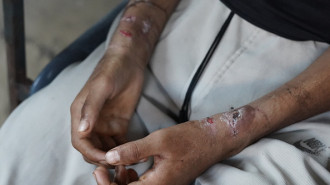Middle East airlines bans walkie-talkies, pagers following Lebanon blasts
Beirut airport and some Middle East airlines have banned passengers from carrying certain electronic devices following the shock attacks on electronic devices in Lebanon which left 32 dead and thousands badly injured.
Lebanon's aviation authority said on Thursday that all passengers would be barred from carrying walkie-talkies and pagers on flights from Beirut Rafic Hariri International Airport.
As a result of the latest directive, leading airlines including Qatar Airways, issued statements advising all passengers flying from Beirut against carrying pagers and walkie-talkies on board flights.
It followed a major security breach by Hezbollah after nearly 3,000 people were injured when pagers and walkie-talkies detonated on Tuesday and Wednesday.
The surprise attacks, widely blamed on Israel, were said to have mostly targeted members of Hezbollah but killed two children along with other civilians, overwhelming hospitals as doctors dealt with eye and other injuries.
The Lebanese Civil Aviation Authority issued a notice for all airlines to ensure no pager or walkie-talkie devices onboard aircraft, whether passengers or employees until further notice. The ban applies to hand-held and storage luggage.
Caretaker Prime Minister Najib Mikati called on the United Nations Security Council to "take a firm stance to stop the Israeli aggression on Lebanon and the technological war it is waging", ahead of a meeting on Friday.
Reports suggest that a few grams of explosive material were inserted into the devices during manufacturing before they ended up in Lebanon, with a global paper trail emerging as probes have been launched in Taiwan, Hungary, and Bulgaria.
The operation was believed to be months in the making and orchestrated by Israel’s spy agency Mossad to target members of Hezbollah, but the injuries have included masses of civilians as devices exploded in homes, shops, and other public places.
Lebanon's only commercial airport has been hit by disruptions throughout the year as international airlines cancel or suspend flights due to fears of an escalation in the conflict between Israeli forces and Hezbollah or Iran.
Despite the instability, the civil aviation authority said 40,000 passengers arrived in June with up to 90 planes arriving each day. The summer is a popular time for Lebanon's diaspora to visit as well as foreign tourists.
But tourism levels, once a key part of the economy, have been diminished from a years-long socio-economic crisis. Fears of war, alongside warnings from foreign embassies, have further pushed away holiday-goers, while the explosions this week left the population in a constant state of fear.
The Lebanese army called on citizens to report sightings of suspicious objects as rumours surged of other electronic devices like smartphones or solar panels exploding. Security forces have carried out controlled detonations of suspicious items since the attacks took place.
Hezbollah, which also serves as a political party in Lebanon, has been engaged in cross-border fighting with Israel for nearly a year which has seen thousands of rockets fired with over 300 of its fighters killed.
Israel said its air forces hit 100 targets in south Lebanon overnight on Thursday, hours after Hezbollah’s leader Hassan Nasrallah said the device attacks were "a declaration of war".
In a televised address, as loud sonic booms from low-flying Israeli warplanes were heard over Beirut, Nasrallah said that Israel would face "tough retribution and just punishment, where it expects it and where it does not".
Hours after the second wave of device explosions, Israel's Defence Minister Yoav Gallant said that "a new phase of war" with the Lebanese group had begun, prompting Israel's top allies in the West to call for calm.
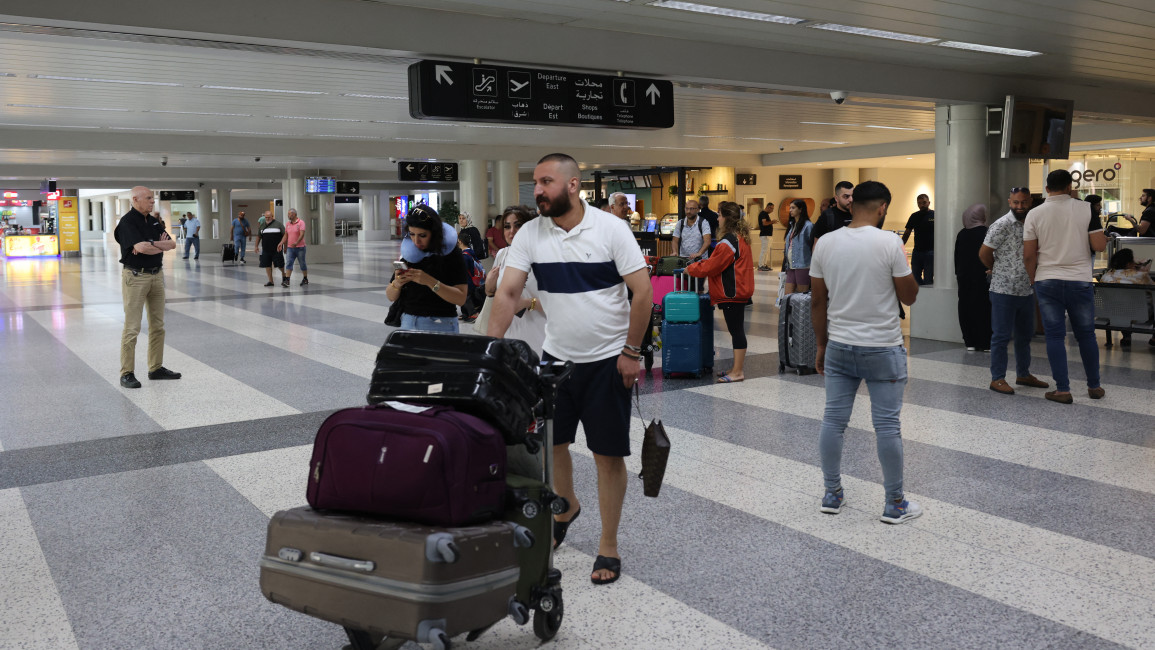
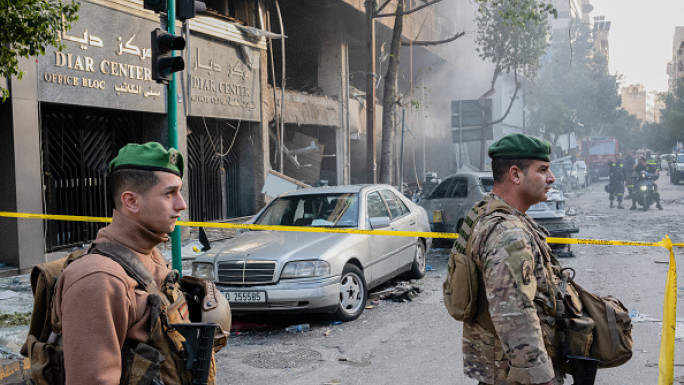
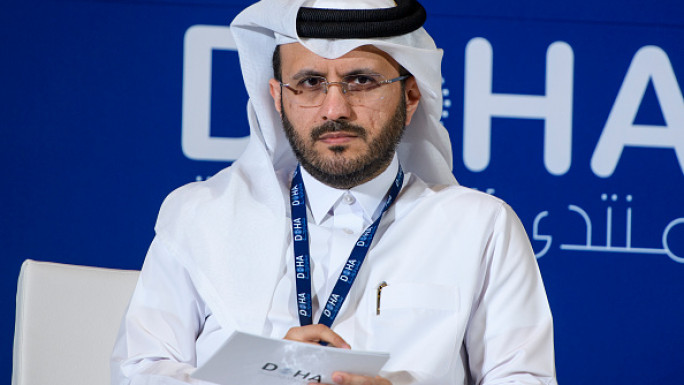
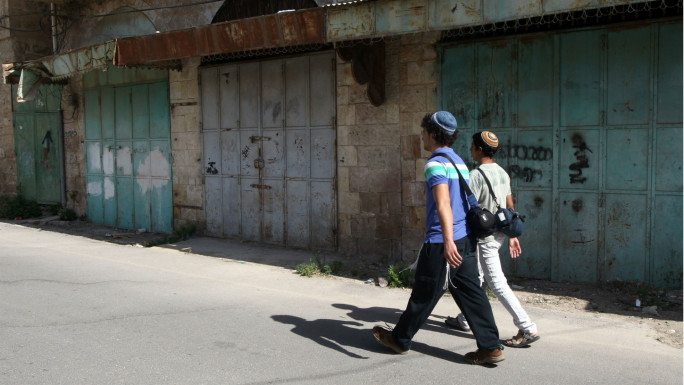
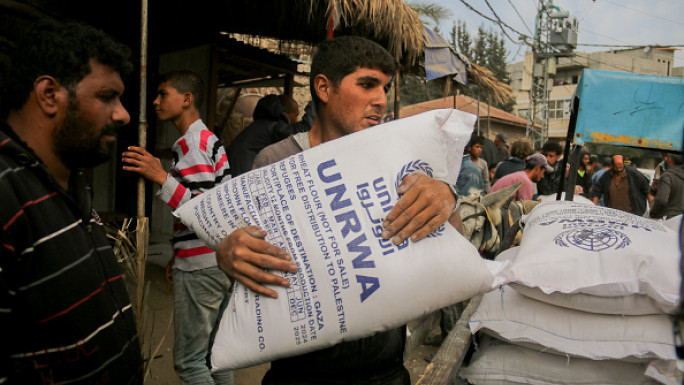
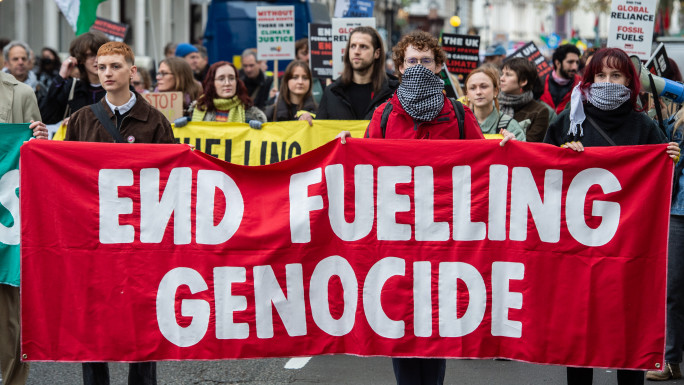
 Follow the Middle East's top stories in English at The New Arab on Google News
Follow the Middle East's top stories in English at The New Arab on Google News
![Netanyahu reportedly refused any mediation role for Turkey [Getty]](/sites/default/files/styles/image_330x185/public/2024-11/GettyImages-2174140193.jpg?h=199d8c1f&itok=Be0gMmGp)
